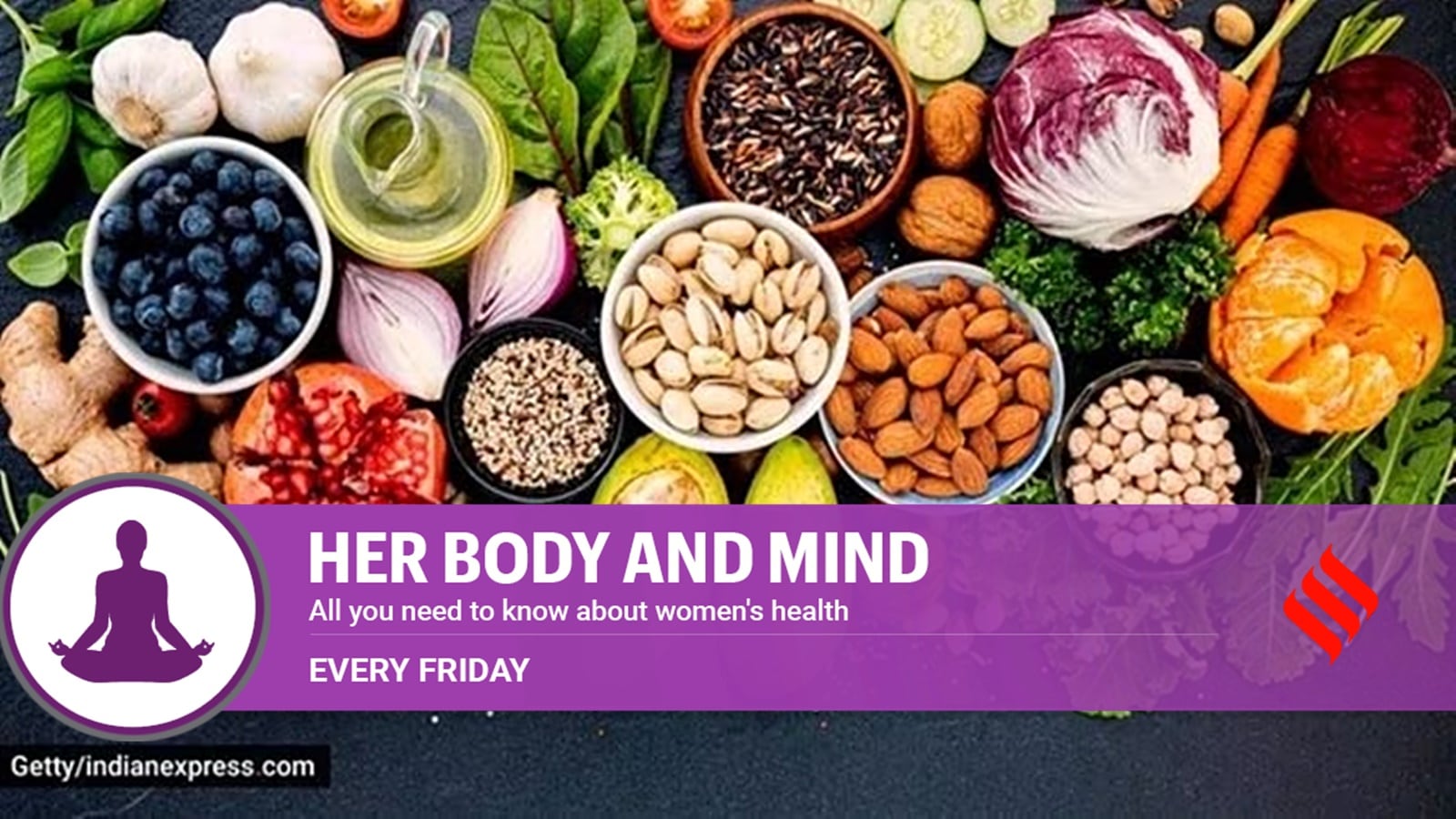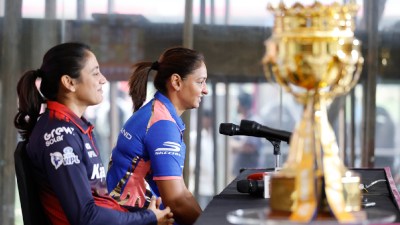Can a DASH diet to lower hypertension also improve your memory? A new study is revealing
Nutritionist Dr Debjani Banerjee decodes the link between blood pressure and brain health
 The DASH diet is loaded in favour of fruits, leafy vegetables, low-fat dairy, legumes, wholegrains, nuts and lean protein while limiting foods high in saturated and trans fats, added sugars and salt.
The DASH diet is loaded in favour of fruits, leafy vegetables, low-fat dairy, legumes, wholegrains, nuts and lean protein while limiting foods high in saturated and trans fats, added sugars and salt. Can diets designed to lower blood pressure also help in reducing signs of cognitive loss later in life among women? A new study says so. Published in the Alzheimer’s Association journal, it claims that women following the DASH diet had fewer signs of cognitive decline later in life. Even if they start midlife, they are less likely to have memory loss and other signs of cognitive decline decades later.
The DASH (Dietary Approaches to Stop Hypertension) diet is loaded in favour of fruits, leafy vegetables, low-fat dairy, legumes, wholegrains, nuts and lean protein while limiting foods high in saturated and trans fats, added sugars and salt. According to Dr Debjani Banerjee, senior nutritionist and dietician at PSRI Hospital, Delhi, the DASH diet’s emphasis on nutrient-rich foods, especially those high in antioxidants and anti-inflammatory compounds, is believed to support both brain health and blood pressure. “Observational studies show that having high blood pressure in midlife — between the 40s and early 60s — increases the risk of cognitive decline later in life,” she adds. She answers some FAQs:
I am a 30-year-old woman. How will the DASH diet impact me?
It can positively impact a 30-year-old woman by helping maintain healthy blood pressure, providing necessary nutrients to meet the demands of a busy lifestyle and reduce the risk of chronic and brain diseases. The DASH diet is flexible and can be customised for women of different age groups, considering their specific nutritional needs and lifestyle factors. Younger women require more calories, while older women have to focus on overall health and disease prevention.
How can a DASH diet control blood pressure in women?
Over time, the force of blood pushing against your arteries may cause blood vessels to become scarred, narrowed and diseased. This damage of years can then hamper blood flow to many parts of the body, including the brain. The increased intake of potassium helps relax blood vessel walls, further lowering blood pressure. The diet can lower sodium intake and increase the consumption of potassium, calcium, and magnesium needed for this purpose. Hypertension is a risk factor for heart disease and a leading cause of death among women.
Isn’t the DASH diet too Western for Indian women to follow?
It is adaptable. Besides, the DASH diet’s suitability for Indian women lies in its alignment with traditional Indian dietary principles, emphasising whole foods like fruits, vegetables, whole grains, lean proteins and low-fat dairy products.
The DASH diet is particularly advantageous for the overall health of women because of its emphasis on nutrient-dense foods. It provides essential vitamins, minerals, antioxidants and dietary fibre that support women’s reproductive and bone health as well as control obesity.
Who can be put on a DASH diet?
The DASH diet is suitable for a wide range of individuals, including those with high blood pressure (hypertension), those at risk of heart disease and anyone seeking to improve their eating habits. It’s adaptable to various dietary preferences and can be customised for specific needs with the guidance of a healthcare provider or registered dietitian.
How does the DASH diet impact cognitive decline in women?
While the exact mechanisms are still under investigation, the DASH diet’s overall health benefits, such as reducing the risk of heart disease and improving blood flow, can indirectly contribute to cognitive well-being in women. Researchers tracked the dietary patterns of about 5000 women who were on an average 46-years-old or above. Those among them consistently following a DASH diet had almost 17 per cent less risk of experiencing cognitive impairment when they were almost 79 years old.
For any feedback, suggestions, and comments please email us at health.indianexpress@gmail.com
- 01
- 02
- 03
- 04
- 05






























